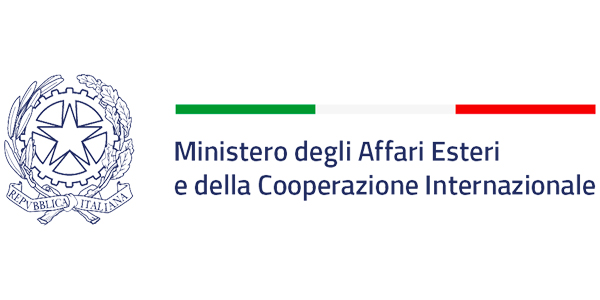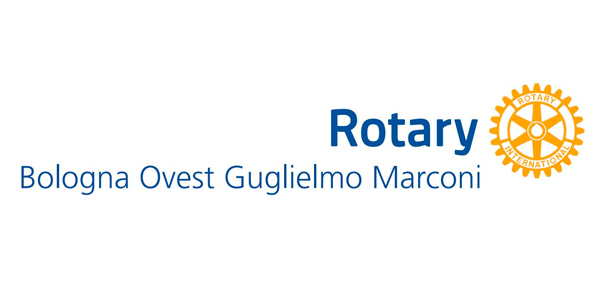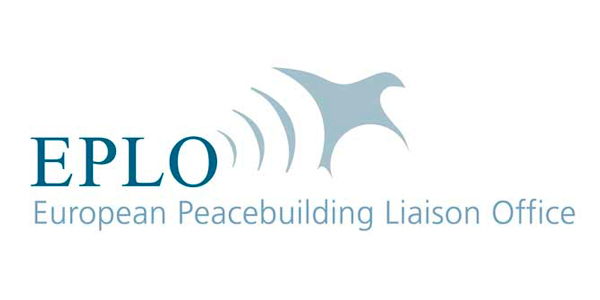
Concept
On 3-5 May 2022, AP organizes the 4th edition of the Bologna Peacebuilding Forum (BPF), a key event on peacebuilding in Italy and Europe. The BPF has two main goals. Firstly, strengthening the network of peacebuilding scholars and practitioners to improve policy-oriented research and fieldwork. Secondly, opening up the peacebuilding domain to a wider audience.
The Agency for Peacebuilding (AP) is a non-profit organization whose mission is to promote conditions to enable the resolution of conflict, reduce violence and contribute to a durable peace across Europe and the world. AP is the first Italian organization specializing in peacebuilding. This allows us to occupy a unique role in the European landscape: on the one hand, we interpret and synthesize relevant topics for the benefit of Italian agencies and institutions working on peace and security; on the other, we highlight experiences, capacities, and resources specific to the Italian system, which can contribute to the resolution of violent conflict.
Description
Peace processes have complex dynamics. Peacebuilding practitioners have few opportunities to reflect on their work and share their expertise with fellow professionals or researchers. At the same time, scholars experience the same and opposite challenge. Indeed, they have a comprehensive view of the discipline and entertain exchanges with other fellow experts. Still, they often lack direct interaction with peacebuilding practitioners in the field.
The Bologna Peacebuilding Forum aims to bridge this gap by offering a space for dialogue between peacebuilding scholars and practitioners. Furthermore, the BPF strives to open up the discussion to a larger audience comprising foreign policy experts, civil society actors, and the public opinion. From 2019, the BPF has developed as a major annual gathering fostering open and constructive dialogue on key issues and challenges facing the discipline.
Now in its fourth year, the BPF offers a platform for debating relevant and timely topics concerning various aspects of peacebuilding. After three successful editions from 2019 to 2021, the BPF has become a prime venue for peacebuilding discussions in Italy and internationally.
The Forum
The 2022 BPF will have four main components:
- 3rd May morning- Italian NGOs Roundtable – Civil Society Dialogue Network (CSDN) with EPLO – focus on EU’s peacebuilding (Invitation Only).
- 3rd May, afternoon – the launch of AP’s study on Italy and Peacebuilding, with the cooperation of the Italian Ministry of Foreign Affairs and International Cooperation.
- 4th May, full day – a public conference on conflict prevention featuring speakers from a plurality of professional backgrounds and countries, in partnership with universities, international organizations and think tanks.
- 5th May Next Generation Forum – with the American University of Rome (Invitation Only)
Conflict Prevention
Conflict prevention is acquiring an unprecedented space and value in the field of peacebuilding. From a definite activity of mediation and diplomacy to halt disputes and their violent escalation, it has evolved into a comprehensive practice aiming at the avoidance of the outbreak, escalation, recurrence, or continuation of violent conflicts.
In so doing, conflict prevention came to embrace all those dynamics constituting the grassroots causes and underlying triggers of violent conflict: from humanitarian need to inequality and discrimination, from human displacement to climate change. Conflict prevention focuses on structural and institutional elements, balancing the work on short-term risks and crises with a deeper approach.
As a result, prevention became a key element of the “sustaining peace” approach of the current UN peacebuilding architecture. The field of prevention gives voice to a broad range of points of view on peacebuilding, including critical perspectives and stances from different cultures and from marginalized groups.
Adopting a holistic interpretation that encompasses any action that lowers the rationale for organized violence, conflict prevention is a crucial element to address the complexity of present and future wars.
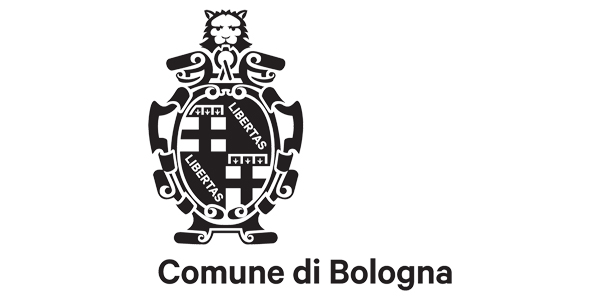
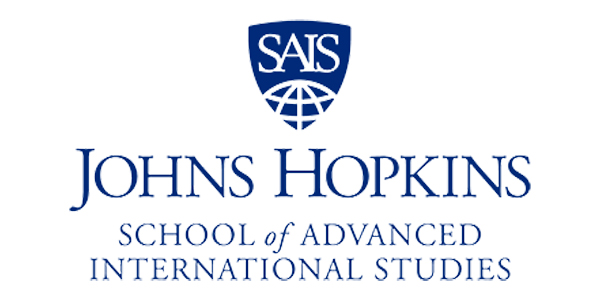
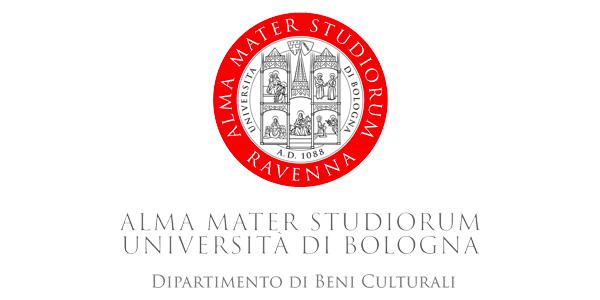
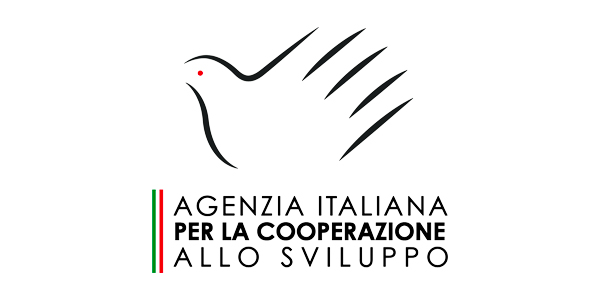
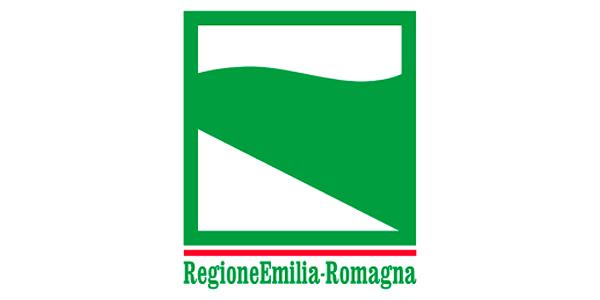
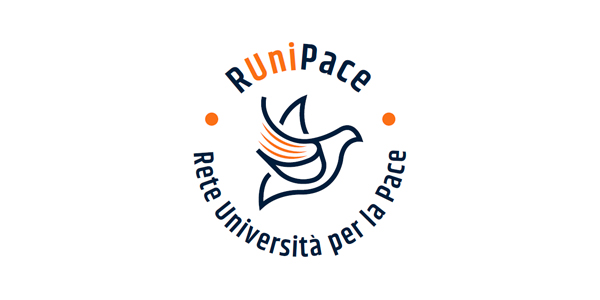
With the support of:
